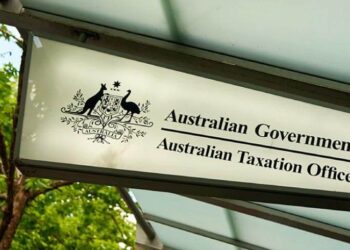Julie Steed, senior technical services manager for MLC, has said the compassionate release of benefits is not something that trustees can decide for themselves, even if they believe they meet all the criteria.
Steed said there are a number of conditions that can be met for the compassionate release of benefits, including preventing the foreclosure of a mortgage on the family home, health and death related situations, medical treatment and support, and even modifying a home due to disability.
“The first condition, preventing foreclosure of a mortgage or the forced sale of the family home, does need to be the family home. Mostly we see these as foreclosures of mortgages and unfortunately, I’m starting to see on the retail side of our business a bit of an uptick in that,” Steed said.
“For this, you need written confirmation from the lender that the foreclosure or the sale is impending and the amount that is paid is limited to three months of repayments plus 12 months of interest. For some clients, that might be enough, but I think as we’ve seen house prices increase so much, and therefore mortgages increase since this legislation was introduced, that it might not be enough to get people out of trouble to prevent the foreclosure due to a mortgage.”
Steed said although it is less common, there is also the situation of a forced sale where there may be debts over the property such as council rates or unpaid strata fees.
“The person to whom the money is owed gets a court order to determine that they are legally able to force the sale of the property.”
For a compassionate release for palliative care, proof is required of the expenses in an SMSF, and all documentation needs to be retained on file.
“Funeral expenses, either for the member or a dependent, are limited to the burial or cremation costs, so things like paying for a wake or an expensive headstone would not be covered in the amount that would be approved for a lease by the ATO,” Steed added.
Release on medical grounds, Steed said, requires two registered medical practitioners – one of whom is a specialist, to certify that the applicant does have a medical condition and the funds are necessary to treat a life threatening injury or illness, to alleviate chronic or acute pain, or to alleviate an acute or chronic mental disturbance.
“It is also necessary that the treatment is not readily available in the public health system, and that the applicant doesn’t have any other available resources to make the payment.”
“On the form that the medical practitioners have to fill out for the compassionate release of superannuation, even though there is a section on the acute or chronic mental disturbance, the requirement for the practitioner to sign off is that the person is suffering a severe mental illness, so one of the medical specialists needs to be a psychiatrist.
“It’s important that people understand if they’re telling a federal government department that they’re suffering a mental illness, they can’t then not use that same condition if they’re doing other benefits like applying for insurance or a loan.”


